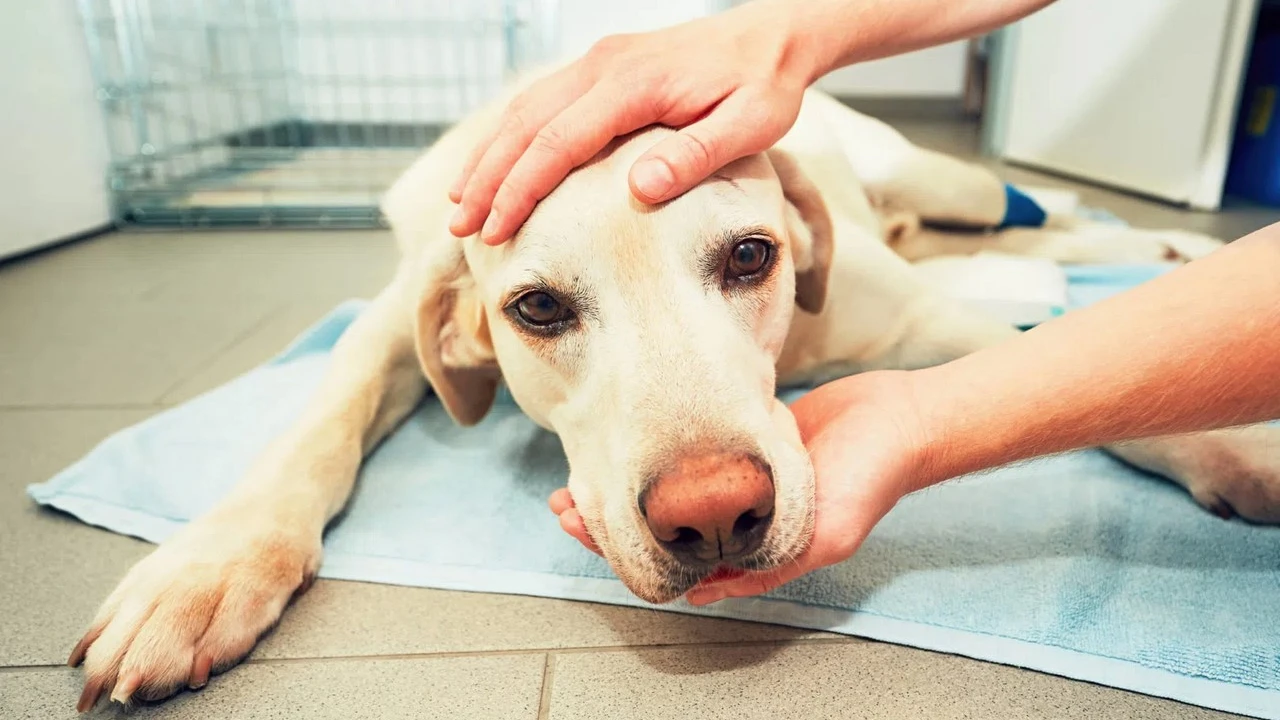Animal Poisoning: What Every Dog Owner Should Know
If your dog gets into something they shouldn’t, seconds matter. This page gives clear, practical steps to recognize poisoning, act fast, and prevent it from happening again. No jargon—just things you can use right now.
How to spot poisoning fast
Watch for sudden changes: vomiting, drooling, diarrhea, weakness, wobbliness, trouble breathing, seizures, or odd behavior like hiding or aggression. A poisoned dog may also drink or pee more, or collapse. If you see any of those signs after your dog ate something unusual, treat it as an emergency until you know otherwise.
Common household dangers: chocolate, xylitol (in gum and some peanut butters), grapes and raisins, certain human meds (painkillers, antidepressants), nicotine, antifreeze (ethylene glycol), rodent poisons, some houseplants (sago palm is very toxic), essential oils (tea tree), and certain insect or weed killers. Even small amounts of some toxins can be dangerous for small dogs.
What to do right away
1) Stay calm and remove the dog from the area so they can’t eat more. 2) Don’t guess—call your vet, an emergency clinic, or a poison hotline. In the U.S., the ASPCA Animal Poison Control Center is 888-426-4435 and Pet Poison Helpline is 855-764-7661. Have your dog’s weight, the suspected toxin, how much was eaten, and when it happened.
3) Don’t induce vomiting unless a vet tells you to. Some substances make vomiting more dangerous. 4) If safe, bring the packaging or a photo of the item to the clinic. That detail helps the vet choose the right treatment fast. 5) If your vet advises coming in, wrap your dog in a towel or carrier for the trip and keep them warm and quiet.
At the clinic vets may give activated charcoal, fluids, medications to control seizures or nausea, or treatments to reverse specific toxins. Quick treatment often means a simple outpatient visit; delayed care can mean longer hospital stays or worse.
Prevention beats panic. Store meds and cleaning products in high cabinets or locked boxes. Keep trash covered and out of reach. Check plants before you buy them—pick pet-safe varieties. Use pet-proof latches on cabinets if your dog is a counter-surfer. When walking, keep curious dogs on short leads and avoid unknown food on the ground.
Have an emergency plan: save your vet’s after-hours number, the nearest 24/7 animal hospital, and a poison hotline in your phone. Keep a small pet first-aid kit with towels, a leash, and the contact info printed out. When traveling, know where the nearest emergency clinic is.
If you’re not sure whether something is dangerous, call. It’s better to check and be told it’s fine than to wait and regret it. Quick action saves lives—your dog depends on you to act fast and smart.

Securing Your Cherished Family Pets: Biomedix Zoosorb for Veterinary Treatment
As a passionate pet parent, I understand how crucial it is to protect our adorable companions from anything harmful, especially poisoning. In this article, I'll introduce you all to Biomedix Zoosorb, a considerable asset in the veterinary treatment world. It's an incredibly effective compound feed that aids in treating animal poisoning, ensuring that we are one step ahead in securing our cherished pets' health. So, join me as we explore this life-saving element of pet care.

Boost Your Mood with These Aromatherapy Tips
Mar, 19 2025



